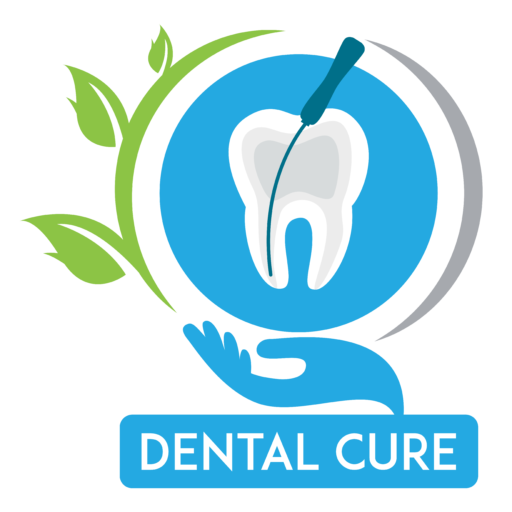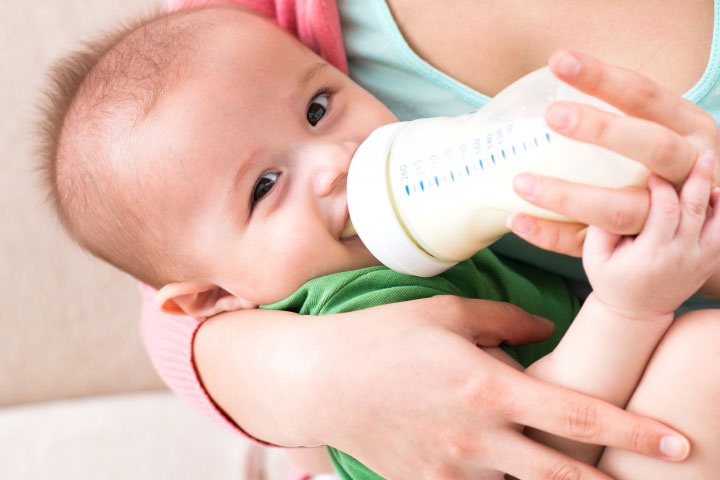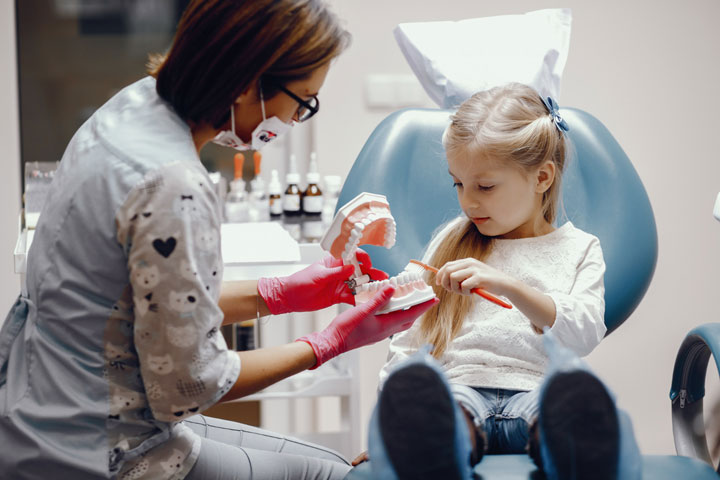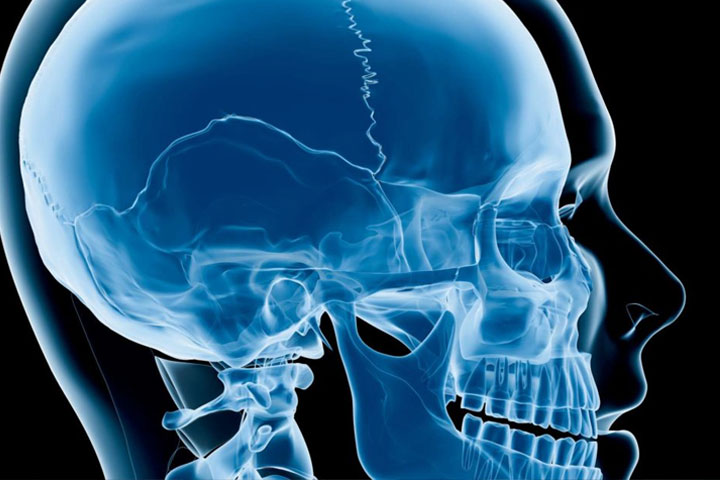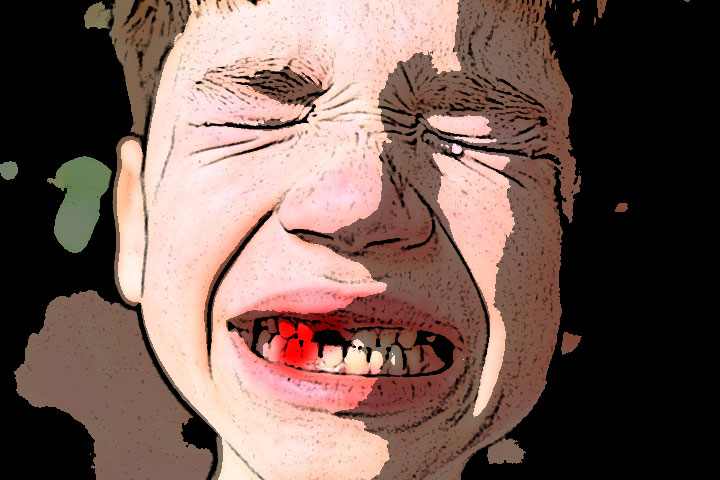
You can’t plan when an emergency is going to happen, but we have a plan to help you when one occurs.
Emergency Appointments
During regular office hours, emergency appointments are scheduled to provide immediate care and to help keep your child comfortable. Contact our office at 9742727259.
If it is after hours and your child experiences a true dental emergency such as trauma, facial swelling or pain that is preventing him from eating or sleeping, contact our dental team member on call at 9742727259.
Treating an emergency depends on the nature of your child’s injury and the severity. Here is a helpful guide to help you triage the situation until you can receive the appropriate care.
IMMEDIATE EMERGENCY ROOM CARE:
Some injuries require immediate attention. If your child experiences any of the following, call +919742727259.
- Trauma resulting in shallow breathing or even loss of consciousness
- A severe blow to the head or the face
- Possible broken jaw
- Uncontrolled bleeding
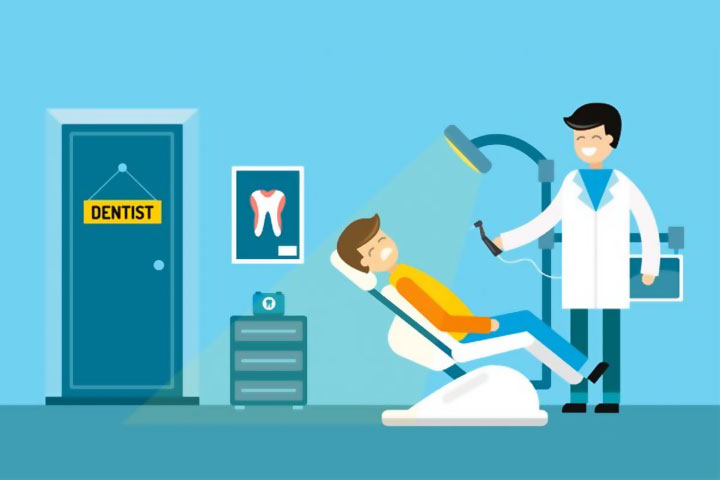
In-Office Care
No parent ever wants to see his or her child suffering from discomfort. Fortunately, not all injuries require a trip to the emergency room and can be treated either at home or in our office. With most injuries, we recommend follow-up care to ensure proper healing and vitality of the teeth. The most important thing that you can do when an emergency happens is to remain calm, and follow these guidelines until your child can be seen.
Tips for Immediate Self-care During Emergencies.
Bumped Tooth
- If a tooth is bumped, the surrounding tissues may bleed and the tooth may become slightly loose.
- Apply a cold compress if needed to help reduce swelling
- Eat a soft food diet and limit biting into foods with that tooth
- Avoid habits such as thumb sucking or pacifier
- Administer an over-the-counter pain reliever such as Tylenol or Motrin
- Call our office during normal business hours to schedule an appointment
If the tooth is extremely loose or severely out of position, contact our office immediately
Broken, Chipped or Fractured Tooth
- Rinse the mouth out with warm water
- Apply cold compress to help reduce swelling of the soft tissue
- Administer an over-the-counter pain reliever such as Tylenol or Motrin to help alleviate any discomfort
- Locate and save any broken tooth fragments and place them in milk, bring with you to your appointment.
If the fracture is SMALL, avoid using the tooth for eating, eat a soft food diet, limit habits such as pacifier or thumb sucking, and call our office during normal business hours to schedule an appointment.
If the fracture is LARGE and more than half the tooth, you see pink in the middle or there is bleeding or sensitivity, call our office immediately.
Displaced Tooth (moved or intruded)
- Avoid moving teeth back into their original position
- Discourage habits such as pacifier or thumb sucking
- Encourage soft food diet
- Give Tylenol or Motrin to alleviate pain
- Apply a cold compress to reduce swelling
- Contact our office immediately to schedule an appointment
Knocked-Out Baby Tooth
- It is possible the tooth could have already been slightly mobile according to age
- This is usually not an emergency, and in most cases, a quick follow-up appointment is the only treatment necessary.
- DO NOT replant the tooth as this could cause damage to the developing permanent tooth
- Apply a cold compress to reduce swelling, manage any bleeding by biting on gauze or cloth
- If bleeding is difficult to control, have your child bite on a tea bag for 15 minutes
- Avoid sucking through a bottle, sippy cup, straw, or pacifier for 24 hours
- Contact our office to schedule an appointment
Knocked-Out Permanent (Adult) Tooth - Find the tooth, hold by the crown portion and rinse it off with cool water (DO NOT touch the root of the tooth)
- Try to reinsert it in the socket if possible and have the child hold the tooth in place and get to the dentist immediately
- If you can’t put the tooth back in the socket, place the tooth in a clean container with cold milk
- Contact our office immediately – the faster you act the better the chances of saving the tooth.
Care at Home
Toothache
A toothache can be caused by trauma, tooth decay, a lost filling, infection, or even tooth eruption.
- Rinse the mouth with warm salty water
- Check the area of pain for any visible evidence
- Use dental floss or toothbrush to help dislodge any food that may be impacted
- Administer an over-the-counter pain reliever such as Tylenol or Motrin to help alleviate pain
- Use a cold compress to help alleviate discomfort and reduce swelling
- Contact our office during normal business hours to schedule an appointment
- If your child has a severe toothache with swelling, fever or pain that is preventing them from eating or sleeping, please contact our office immediately.
Bitten Lip, Tongue, or Cheek
Minor injuries can lead to mild cuts or abrasions.
- Clean the area gently with water, use a cold compress on the outside of the cheek to reduce swelling
- Administer an over-the-counter pain reliever such as Tylenol or Motrin to help alleviate pain
- If bleeding, apply firm but gentle pressure with a gauze or cloth
- If bleeding cannot be controlled after 15 minutes, call us immediately to determine the severity or go to the nearest emergency room
Broken or Lost Filling, Crown or Appliance / Spacer
In most cases, this does not require after-hours care, unless there is swelling and severe discomfort
- Encourage a soft food diet
- Give over-the-counter pain reliever to help with any discomfort.
- Keep area clean and discourage your child from playing with area
- If appliance was completely dislodged, store in a small container and bring to the appointment
- Call our office during normal business hours to schedule an appointment.
Nutrition
Nutrition plays an extremely important role in determining one’s resistance or susceptibility to dental cavities and gum problems. The following is just indicative information.
Foods that may act to increase or decrease the risk for dental caries (tooth decay).
*The length of time that these foods are consumed is also a factor in the risk for tooth decay, as consuming these foods for an extended period of time acts to increase the risk for decay.
** These foods and beverages should be consumed at least 2 hours apart, ideally in an unprocessed form
Facts About Carbohydrates and Bacteria
- Sucrose (table sugar) is the primary carbohydrate that bacteria prefer. However, other simple carbohydrates such as fructose, lactose, and glucose, are easy to ferment and also support bacteria growth.
- Simple sugars are found in many foods and may also be known as: table sugar, corn syrup, honey, molasses, and dextrose.
- Bacteria also can ferment complex carbohydrates (such as starches), but the process takes longer. Many complex carbohydrates are sticky and become lodged between teeth and gums which allows the bacteria time to ferment the carbohydrate.
- Although fresh fruits and vegetables do contain carbohydrates that can be fermented by bacteria, their high water content acts to dilute the sugars, and fiber content helps clean the teeth, thereby protecting against tooth decay.
